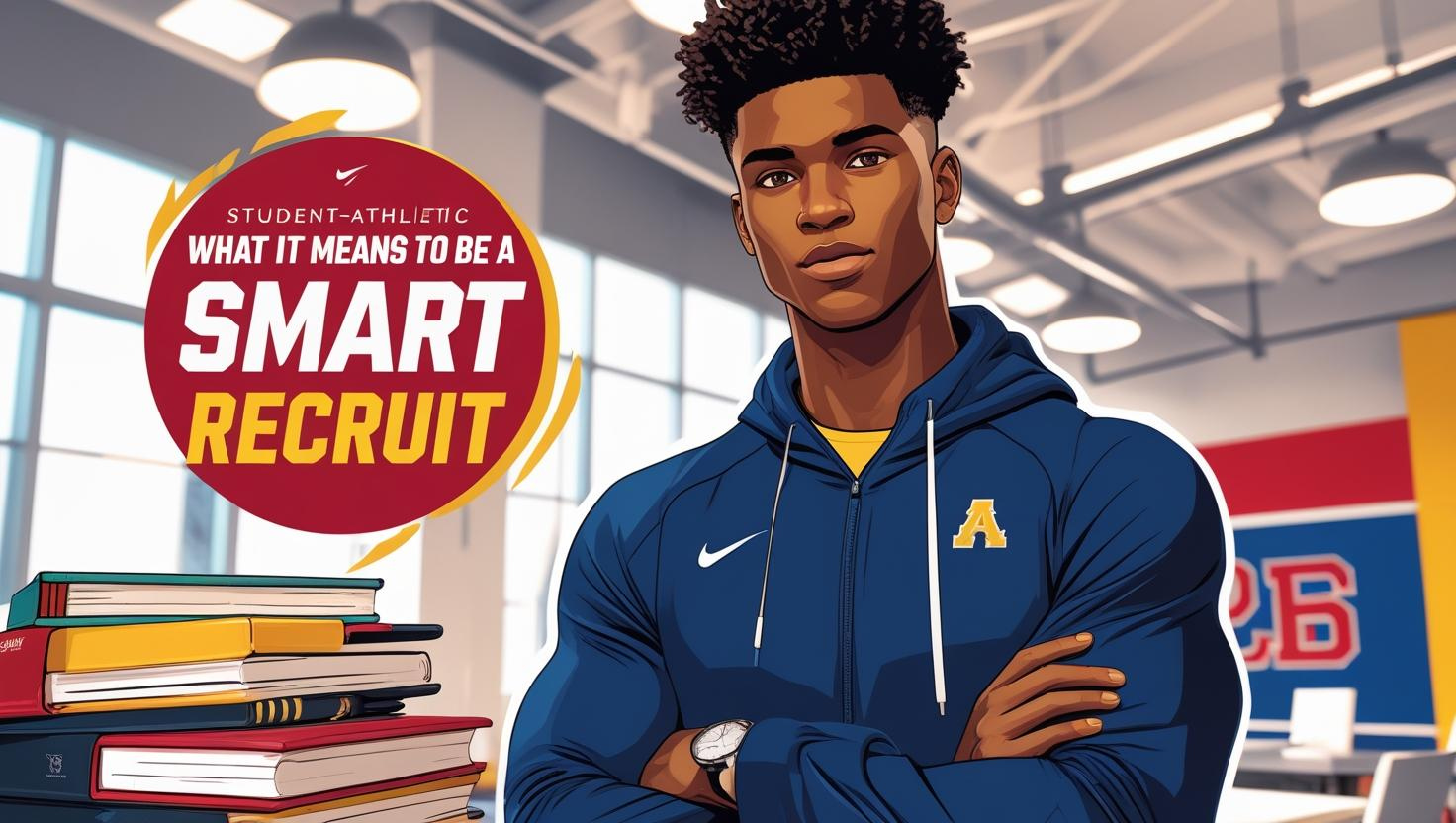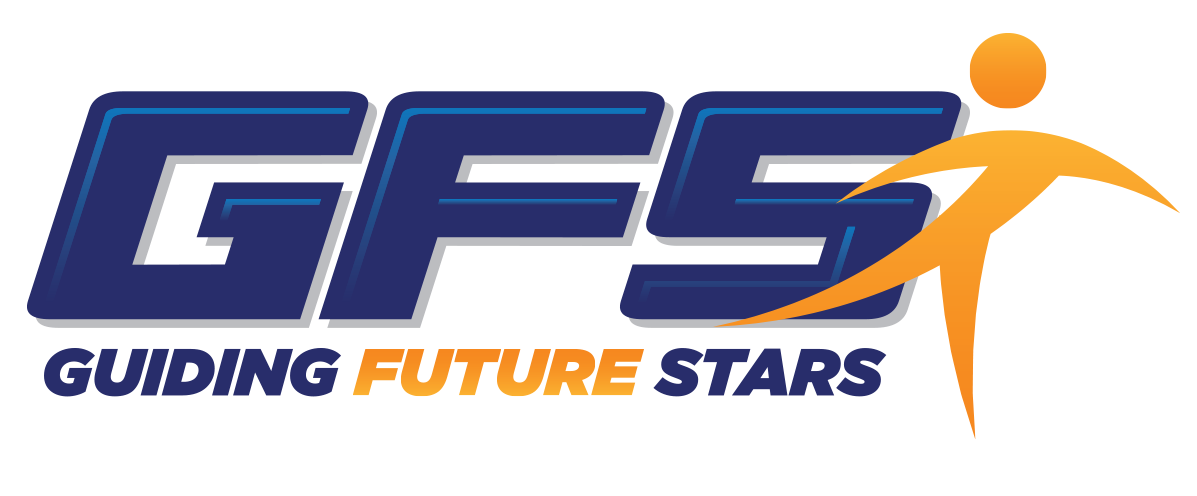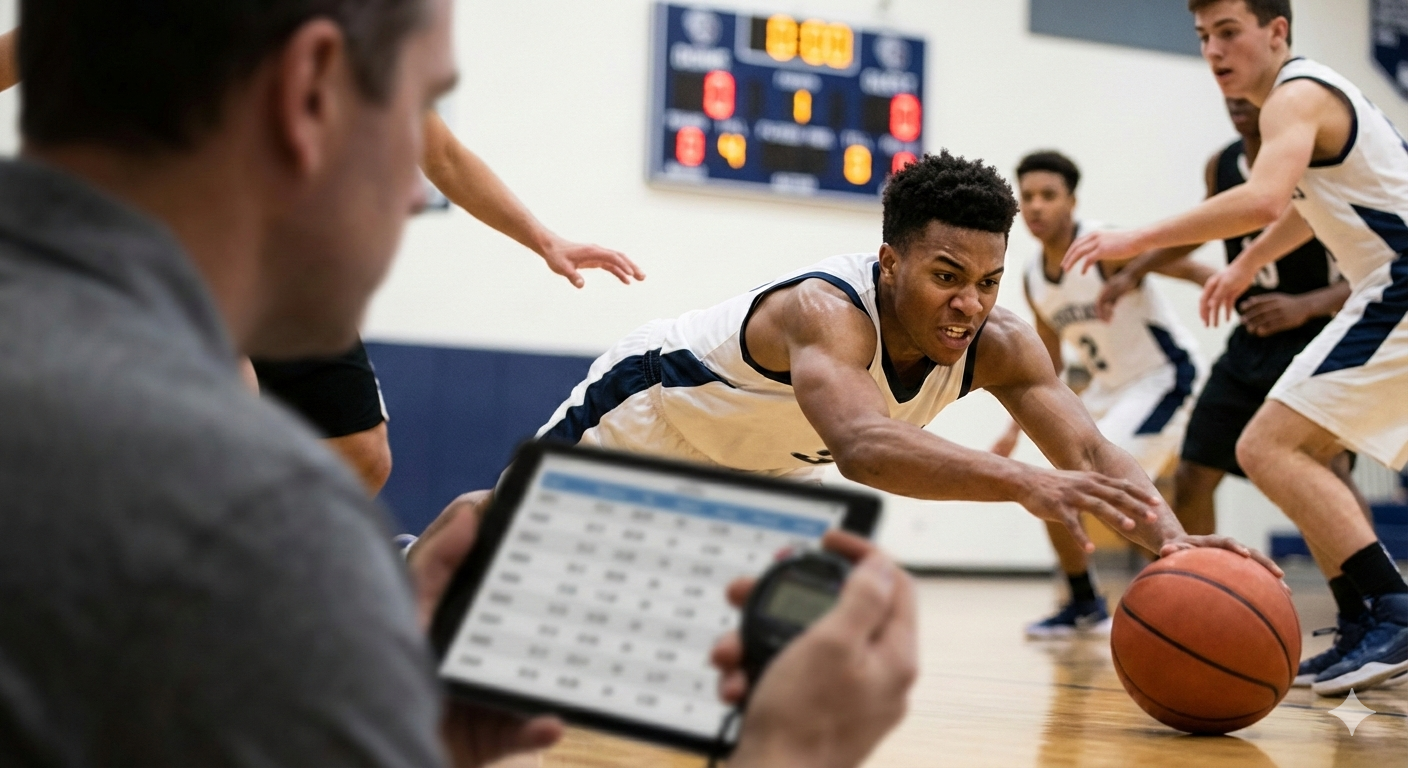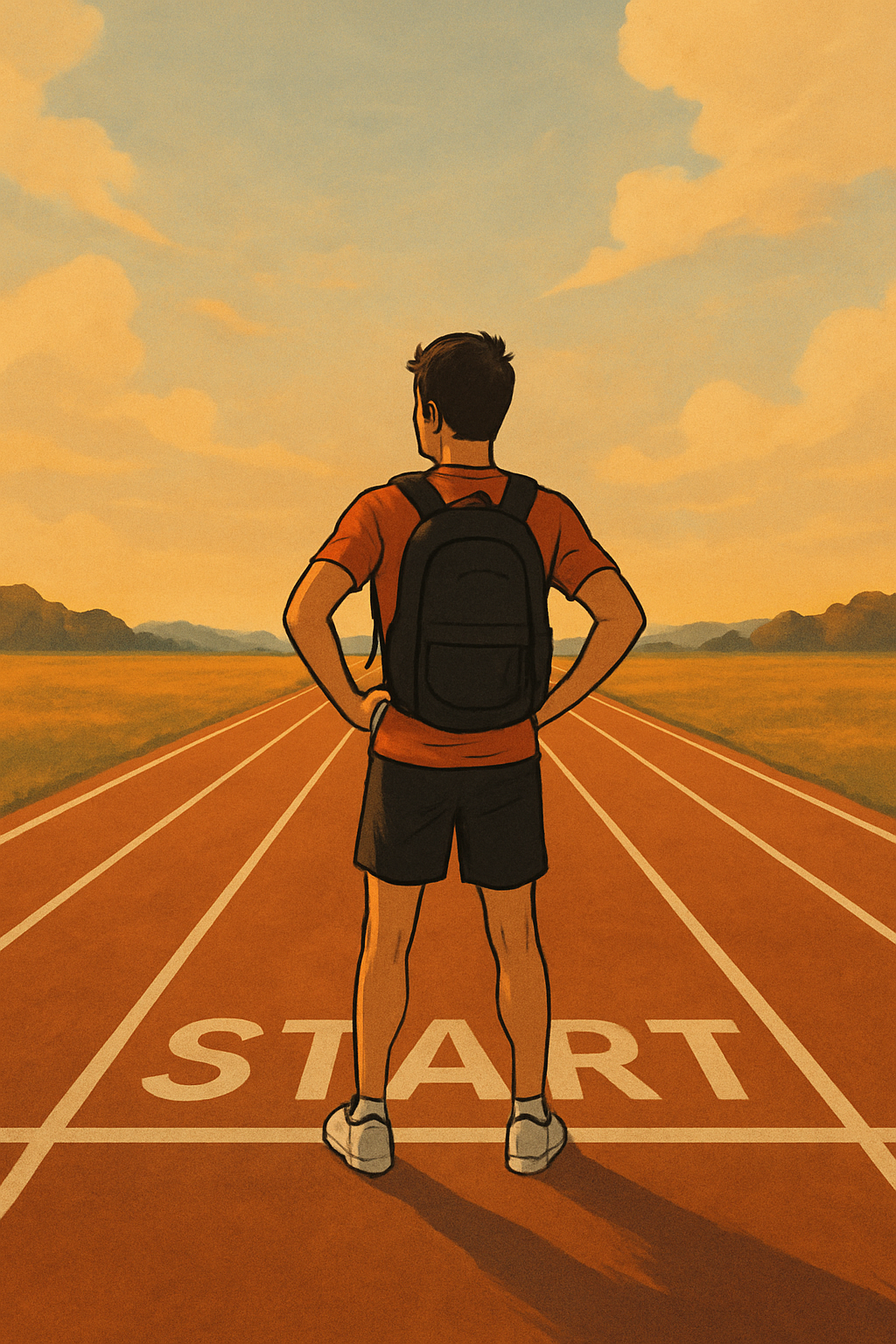Unlocking Potential: The Importance of Self-Discovery in College Recruiting
The Journey of Self Discovery
"Embrace the journey of self-discovery as a high school student-athlete; in the pursuit of your goals, you'll not only uncover your true potential on the field but also discover the strength, resilience, and character that define your unique path to success."
In the competitive landscape of college recruiting, student-athletes often find themselves navigating a complex journey towards their dream college programs. While physical prowess and technical skills are undoubtedly significant factors, the importance of self-discovery in this process cannot be overstated. In this article, we explore how understanding oneself plays a pivotal role in not only securing a spot on a coveted roster but also in ensuring a fulfilling and successful college experience.
The Power of Self-Awareness: Self-awareness is the cornerstone of any successful college recruiting journey. Understanding one's strengths, weaknesses, passions, and goals is instrumental in making informed decisions about potential college matches. Coaches are not just looking for players with exceptional skills; they are also seeking individuals who possess the self-awareness to contribute positively to the team culture.
The Self Discovery Process
The journey of self-discovery for a high school student-athlete involves a process of introspection and exploration to understand personal values, goals, and identity. This transformative journey encourages the student-athlete to uncover strengths, weaknesses, passions, and motivations, fostering self-awareness. As they navigate academic and athletic challenges, this self-discovery aids in setting meaningful goals, making informed decisions, and developing a sense of purpose. The experience not only shapes their athletic pursuits but also contributes to overall personal growth and resilience, laying a foundation for success on and off the field.
SWOT Analysis - SWOT analysis provides student-athletes with a structured framework to assess their current status, set goals, and develop strategies for success in their pursuit of playing sports at the collegiate level. It serves as a valuable tool for personal development, informed decision-making, and navigating the competitive landscape of college athletics.
- Strengths - The Skills, talents, abilities, and knowledge you already possess
- Weaknesses - The areas where you need help or improvement. Missing skills, mental blocks, and fears.
- Opportunities - Chances to improve or gain assistance from external members like coaches, counselors, or trainers.
- Threats - External challenges, obstacles you may face that will stand in the way of your success
Discover Your Why - Discovering your "why" statement refers to understanding the deeper purpose and meaning behind your actions, goals, and aspirations. It is a personal declaration that articulates the core reason driving your choices and endeavors. The importance of discovering your "why" statement lies in several key aspects:
- Clarity of Purpose
- Motivation and Inspiration
- Goal Alignment
- Decision Making Guide
- Increased Focus
- Enhanced Self-Awareness`w34
Defining Goals: Beyond the excitement of playing at the collegiate level, student-athletes should delve into the specifics of their athletic goals. What role do they see themselves playing on the team? What style of coaching brings out their best performance? This level of self-awareness not only aids in finding the right fit but also ensures that athletes contribute meaningfully to the team dynamic.
- Recognizing Academic Preferences: College is not just about sports; it's also about academics and personal growth. Student-athletes should reflect on their preferred learning environment, academic interests, and long-term career aspirations. This self-discovery helps in identifying colleges that offer a well-rounded experience, fostering both athletic and academic success.
- Understanding Leadership Style: Coaches often seek athletes with leadership qualities. By understanding their own leadership style, student-athletes can effectively communicate how they contribute to team dynamics. Whether it's leading by example, vocal motivation, or collaborative teamwork, self-discovery empowers athletes to showcase their leadership potential during the recruiting process.
Personal Mission Statement: Developing a personal mission statement is particularly important for a high school student-athlete aspiring to play in college. A personal mission statement serves as a guiding document that articulates your core values, goals, and purpose. Here's why it's crucial for a student-athlete in this context:
- Identifying Personal Values: Before embarking on the recruiting process, student-athletes should take the time to identify their core values. What matters most to them? Is it a strong academic program, a close-knit community, or a competitive sports environment? By understanding these values, athletes can narrow down their college choices to programs that align with their personal beliefs and priorities.
- Goal Alignment: ensures that your goals align with your values. As a student-athlete, your mission statement can help you make choices that are in harmony with your overarching life objectives.
- Motivation and Resilience: During challenging times, a personal mission statement can serve as a source of motivation. It reminds you of your larger purpose and can enhance your resilience in the face of setbacks or obstacles.
- Balancing Academics and Athletics: For a student-athlete, balancing academic and athletic commitments is crucial. A mission statement can help you prioritize and manage your time effectively, ensuring that both aspects of your life are given due attention.
- Character Development: It contributes to your character development by emphasizing virtues and qualities you wish to embody. This can include values such as discipline, teamwork, leadership, and perseverance.
- Communication Tool: When communicating with college recruiters, coaches, or potential teammates, your personal mission statement can provide insights into who you are, what you stand for, and what you aim to achieve in your college sports career.
- Long-Term Vision: A mission statement encourages you to think long-term. It prompts you to consider the kind of person and athlete you want to become over the course of your college experience and beyond.
- Accountability: Having a mission statement holds you accountable to yourself. It serves as a constant reminder of your values and goals, helping you stay on track and avoid distractions that may derail your progress.
- Leadership Development: For those aspiring to play college sports, leadership skills are often crucial. Your mission statement can reflect your commitment to personal growth and leadership, both on and off the field.
The Impact on Recruiting Success:
When student-athletes approach the recruiting process armed with self-awareness, they stand out as genuine, committed individuals. This authenticity not only impresses college coaches but also increases the likelihood of finding the perfect collegiate fit. Additionally, the self-discovery process provides athletes with the tools to navigate challenges, adapt to new environments, and contribute meaningfully to their chosen college communities.
In the fast-paced world of college recruiting, the journey is as crucial as the destination. By placing a strong emphasis on self-discovery, student-athletes not only enhance their chances of securing a spot on a college roster but also set the stage for a rewarding and successful collegiate experience. The power of knowing oneself is a game-changer, ensuring that every step taken in the recruiting process is a step towards personal and athletic growth.

